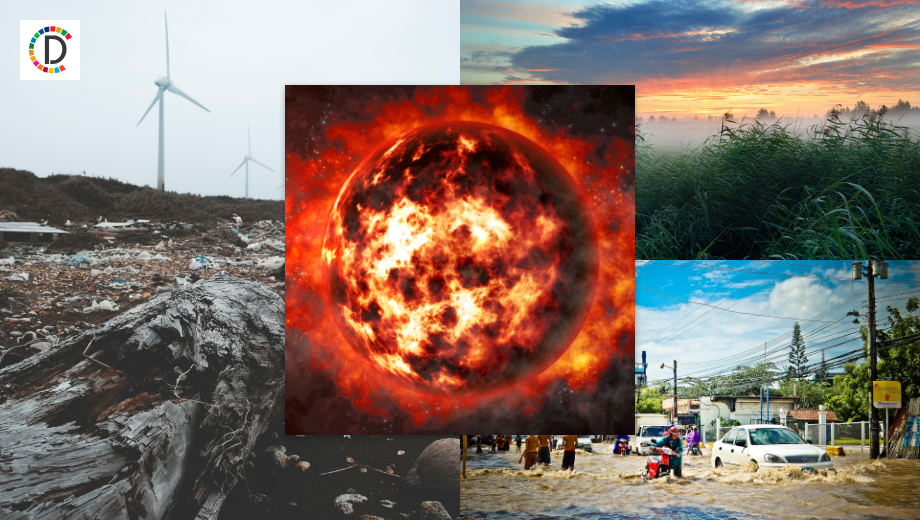Asia Pacific Forum of NHRIs issues Delhi Declaration; calls for collective efforts in strengthening human rights ecosystem

- Country:
- India
The Asia Pacific Forum of National Human Rights Institutions (NHRIs) on Thursday issued a Delhi Declaration after the end of its Annual General Meeting here, and said it recognises the need for collective efforts in strengthening human rights ecosystem and achieving a more inclusive and equitable society.
The 28th AGM of the body was held at Vigyan Bhawan in Delhi from September 20-21. It was attended by representatives from several countries in the region.
The meeting took place on the sidelines of the biennial conference of NHRIs of Asia Pacific which was inaugurated by President Droupadi Murmu on Wednesday.
Apart from India, other countries that attended the conference in New Delhi are Australia, Bahrain, Bangladesh, Fiji, Indonesia, Iraq, Jordan, Kazakhstan, Kyrgyzstan, Malaysia, Maldives, Mongolia, Myanmar, Nepal, New Zealand, Oman, Palestine, Philippines, Qatar, Republic of Korea, Samoa, Sri Lanka, Thailand and Timor-Leste.
The Delhi Declaration said the members recognise and celebrate 30th anniversary of the 'Principles Relating to the Status of National Human Rights Institutions' (the Paris Principles), adopted by General Assembly resolution 48/134 on December 20, 1993, as set of international standards and norms related to NHRIs.
It said the members recognise and celebrate the 25th anniversary of the UN Declaration on Human Rights Defenders, and the important role NHRIs play as both protectors of human rights defenders and as human rights defenders themselves.
The Delhi Declaration of the APF of NHRIs thanked President Murmu for inaugurating the conference and highlighting India's commitment to protect and promote human rights in the spirit of 'Vasudhaiva Kutumbakam' – whole world is one family.
It further said the members ''recall and renew our commitment to the Universal Declaration of Human Rights (UDHR), on the 75th anniversary of its adoption by the General Assembly in resolution 217 A (III) on 10 December 1948, as a common standard of human rights for all peoples and all nations''.
It also noted the emerging human rights issues and challenges especially in the area of information and communication technology (ICT), artificial intelligence, business, healthcare, climate change, natural and human-made disasters and offences taking place across borders.
The members reaffirmed their commitment to the core values of the UDHR for upholding individual dignity, freedom, equality and justice across diverse cultures, languages, traditions and histories, reads the text of the declaration.
It said the members also ''recognise the need for collective efforts in strengthening the human rights ecosystem, confronting the violation of human rights and achieving a more inclusive and equitable society''.
The human rights leaders resolved to ''make sustained efforts towards awareness generation, outreach, training, advocacy and mutual cooperation to secure human rights to all''.
The Declaration also noted that one of the most urgent human rights issues facing communities across the Asia Pacific region is the ''adverse impact of climate change and environmental harm on lives and livelihoods''.
''Millions of people are at risk from rising sea levels, climate change induced extreme weather events, saltwater intrusions, drought, loss of biodiversity, pollution, land degradation and desertification, disease and other changes caused by a warming planet,'' it underlined.
The members, in the Declaration said, they reaffirmed their ''commitment to advise governments and communities in mitigating, adapting and responding to the human rights impacts of climate change''.
(This story has not been edited by Devdiscourse staff and is auto-generated from a syndicated feed.)










